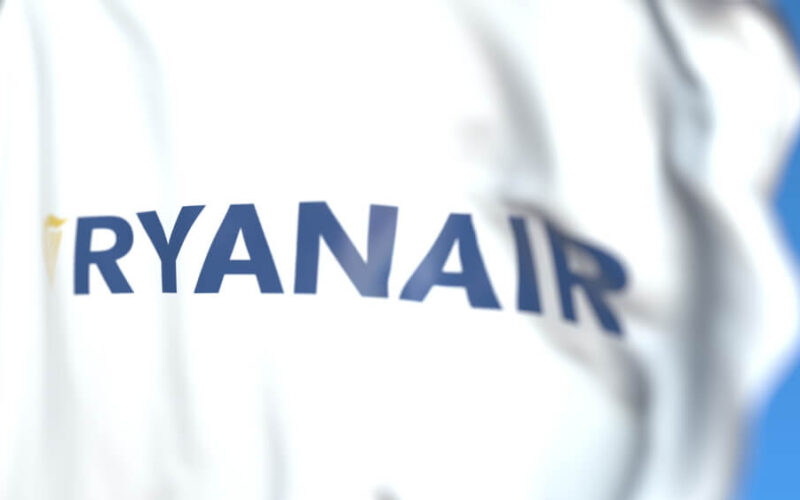The troubling relationship between Ryanair and unions seems to be continuing. Ryanair Group chief executive Michael O’Leary publicly threatened to shut down Lauda’s Vienna Airport (VIE) base, currently the only base in the airline’s network, if the unions did not agree to lower their wages and sign a new Collective Labor Agreement (CLA), reported Reuters.
“We have given them until May 20 to accept significant pay cuts and a new CLA,” O’Leary told Reuters.
The Irish-based low-cost carrier has already taken significant action to persuade the unions to do so, as it transferred Lauda’s slots to the parent company, Ryanair.
Seemingly, that would spell the end of Airbus A320 operations in the Ryanair Group fleet, as all A320 pilots and flight attendants would lose their jobs, reported local media.
O’Leary, meanwhile, stated that if the union refuses to accept the new measures, Ryanair will overtake its subsidiary and will be “bigger and badder than Lauda ever was.”
The headache for Ryanair is the vida union, which represents workers in the transport and service industries in Austria. It already announced that the Public Employment Service Austria (AMS) already rejected the proposal to fire all 550 employees in April 2020. Instead, the union accepted short-time work conditions for its employees.
Ryanair’s entry through Lauda into Vienna Airport has already caused its fair share of controversy. The Chief Executive Officer of Austrian Airlines, Alexis von Hoensbroech, addressed O’Leary in November 2019 by saying he “is wrong if he thinks that he can overtake us here in Vienna.”
As aircraft were grounded around the world due to the current pandemic, airlines hoped to cut some costs by doing so. However, with the current outlook being that most executives involved in the business have predicted that 2019 revenue levels would only return in two or three year‘s time, airlines would have to scale down, including reductions in employee size or their salaries – something tricky to deal with, as most airlines employ people via unions, which rightfully so are protective of their members.

